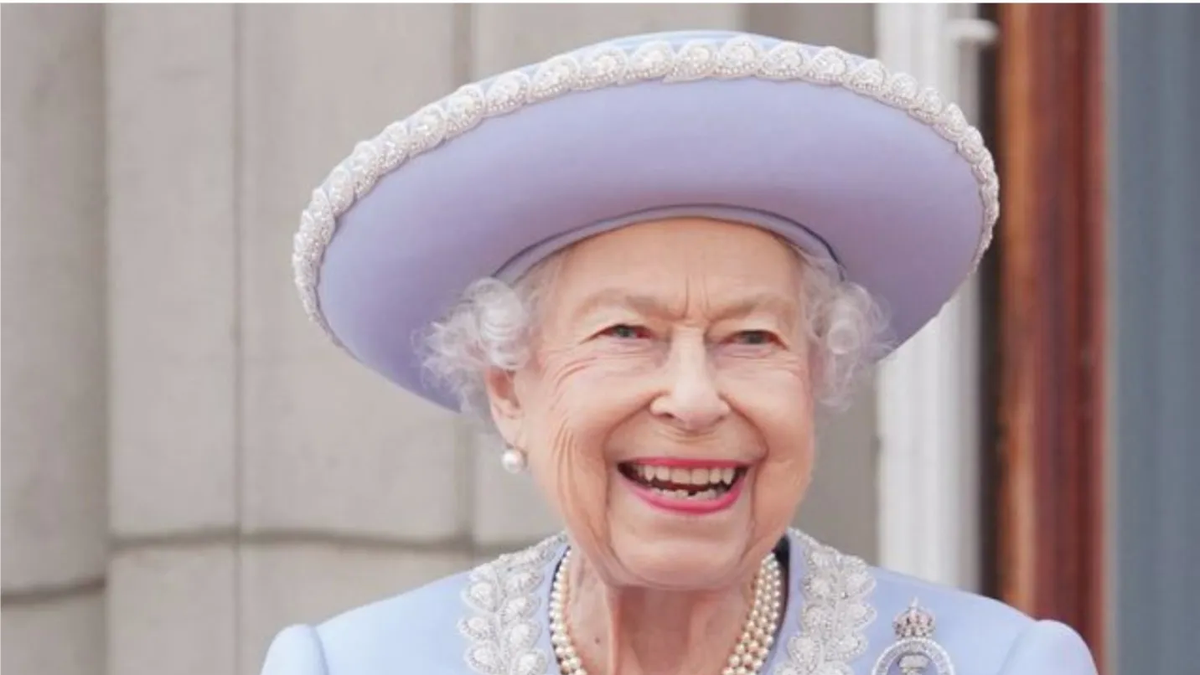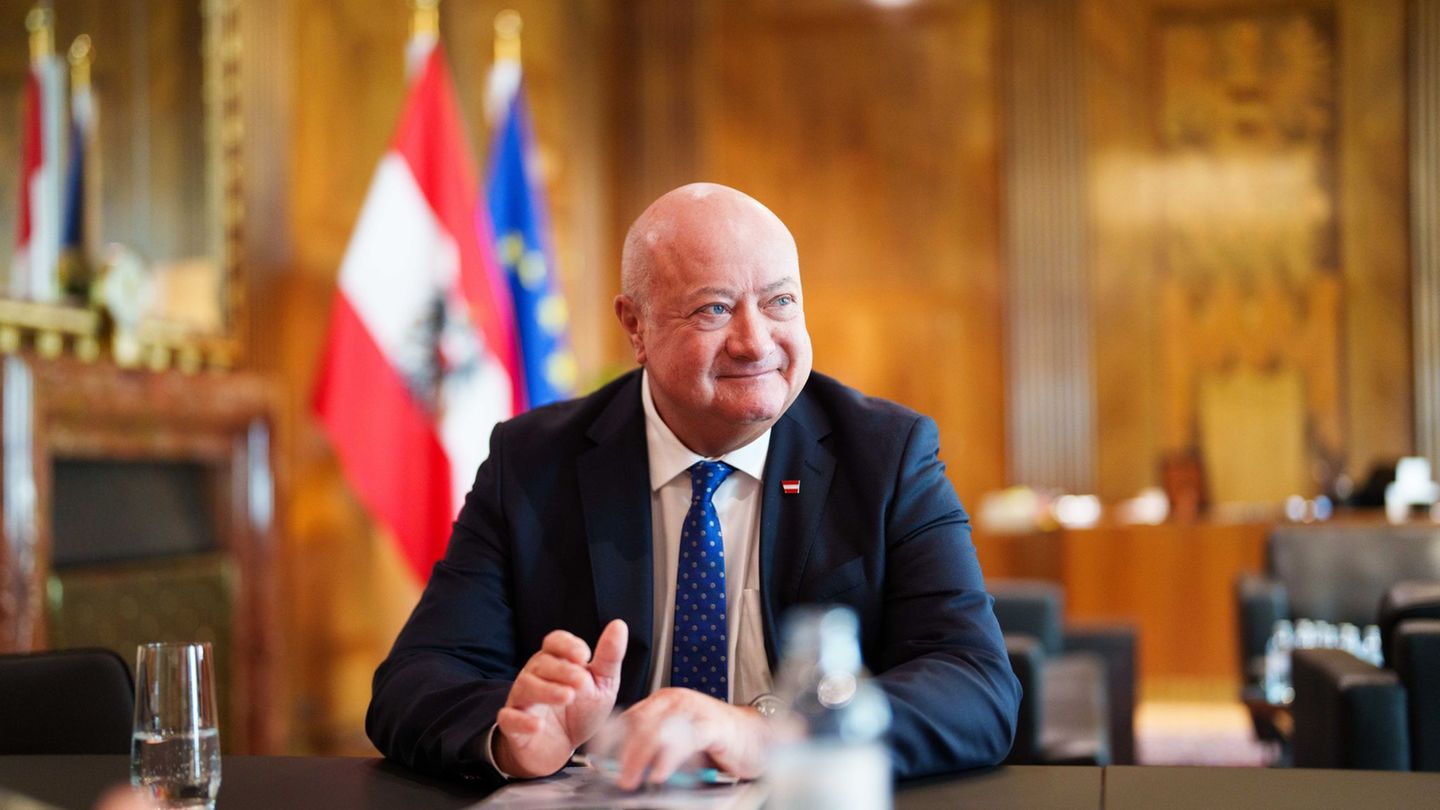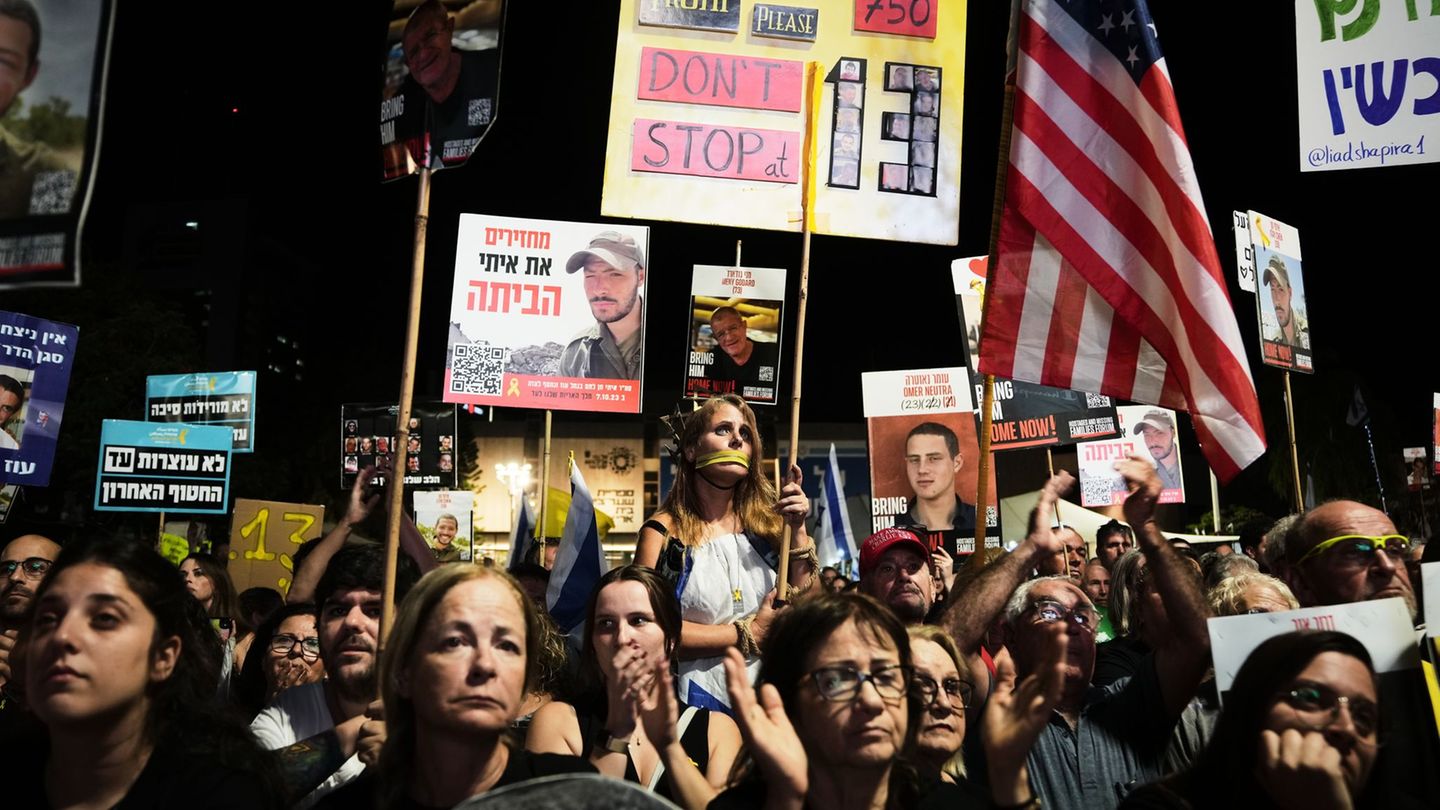Obviously, the British deployment in the middle of the Falklands War (1982) had the approval of the queen. And some of this is revealed by the site History Extra, in the hands of the historian Dominic Sandbrook, when he recounts that during a visit by the then US president, Ronald Reagan, Elizabeth II pointed out: “The conflict in the Malvinas Islands was imposed on us by an open aggression and naturally we are proud the way our fighters are serving their country.
The queen’s interest in warfare had a familiar flavor: his third son, Andrés, was in the war against Argentina, being a helicopter pilot in the so-called Royal Navy. Specifically, he carried out transport and rescue missions, along with anti-submarine tasks to divert Argentine missiles. In fact, according to the journalist Romina Calderaro, that duke came to be described as “hero of the ‘Falklands'”.
The queen promised to protect “the right of the islanders to determine their political future”
Closer in time, in 2013, an already aged queen, with very reduced mobility and having to be assisted, appeared before the House of Lords.
In the images broadcast by the international news networks, Elizabeth II is seen referring, with marked emphasis, to the English domains disputed with other nations of the world. This reflects the importance that London gave to the matter, because on that occasion the queen had to attend to comment on the legislative program, but she made a parenthesis.
“My government will guarantee the security, good governance and development of overseas territorieseven with the protection of the Falkland Islanders’ right [Malvinas] and the Gibraltarians to determine their political future”, he expressed. That is to say, Isabel II ratified the self-determination.
The statement came two months after the islanders voted in a referendum that they wanted to remain dependent on the United Kingdom, with an overwhelming result: 1,513 votes in favor of the 1,517 cast.
This had caused great discrepancies with Argentine diplomacywhich to this day rejects the principle of self-determination of the islanders: “It is not applicable inasmuch as the composition of the population of the islands is the result of the colonization initiated by the United Kingdom in 1833”, they say from the Pink House.
Meanwhile, Buenos Aires remains firm in its position of peaceful resolution of the territorial conflict, but demands that London adhere to the resolutions of the United Nations Organization (UN), which urges both parties to dialogue. However, the vision of the United Kingdom to refuse to talk at a negotiating table is that the right of the islanders prevails, who want to continue under the English administration.
Despite this conflictive relationship, in the last few hours The Foreign Ministry issued a small statement to express condolences for the death of the 96-year-old queen, saying: “The Government of the Argentine Republic expresses its sorrow for her death and accompanies the British people and her family in this moment of pain”.
Source: Ambito
David William is a talented author who has made a name for himself in the world of writing. He is a professional author who writes on a wide range of topics, from general interest to opinion news. David is currently working as a writer at 24 hours worlds where he brings his unique perspective and in-depth research to his articles, making them both informative and engaging.




